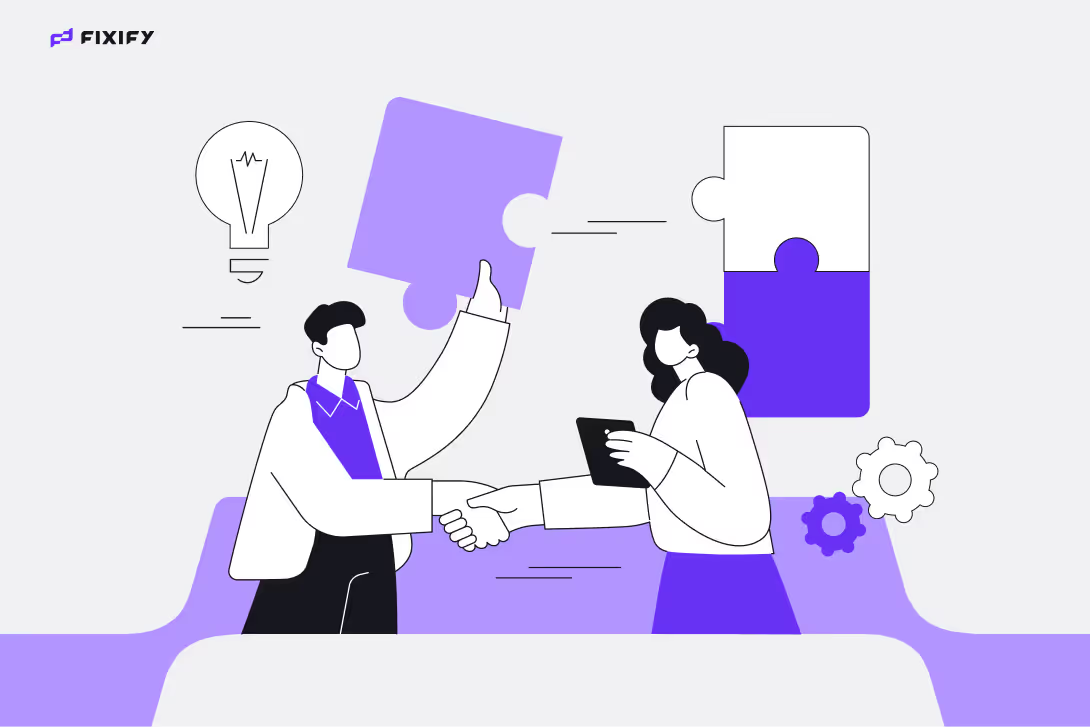Theodore Roosevelt and ChatGPT


Listen to this blog as a podcast

.avif)
In September of 1901, while touring the Worlds Fair in Buffalo New York, then President McKinley was shot and killed. This left the presidency in the hands of his much better remembered Vice President, Theodore Roosevelt.
What happened next would have a lasting impact on America and American Politics -- Roosevelt assembled the press and shared with them plans he had for keeping them involved. He went on to appoint a press secretary (the nations first) and began to flesh out what we would now know as a media strategy, complete with "spin".

It's hard to overstate how different the Roosevelt presidency was than ones that preceded it. Roosevelt had a strong voice, an eye for the spotlight, and a preternatural ability to use the newly ascendant "muckraking" press to drive the national agenda from the Whitehouse. With a combination of press conferences and publicity stunts Roosevelt was out in front, steering the conversation. America politics has never been the same ever since.
What I think is interesting about this is not just Roosevelt as a person (stick-fighting in the oval office?!?), but the way he took a single change in the way the press functioned and reimagined the entire system of the presidency. It would have been easy to say "ok, well, there are more newspapers, and more newspaper readers, so we do press conferences now" — but what he did was to ask the follow-on questions:
- If we do press conferences, how could we use that to steer the national debate?
- If we can steer the national debate, how might that influence domestic policy?
- If we can influence domestic policy, how might that reshape the power of the presidency?
He imagined not only the press conference, but the way the media would interact with initiatives, and the way that public sentiment could help drive government.
Fast forward to today -- we're looking down the barrel of a similarly significant technological shift. There's much ballyhoo about Large Language Models (and there's much to ballyhoo about). We're on the early side of a technology with mind-boggling potential. With this kind of shift, like the shift in the press in Roosevelt's’ time, I’m interested to see what the systemic changes might be.
Taking marketing as an example, there is one version of this story (the simple one) that says:
- If a computer can communicate like a person, let’s replace people (robots are cheaper), and bombard everyone with “content”.
That’s kind of what we always do — we figure out how to save money by replacing human effort. "An AI-powered IT assistant in all your slack channels", "Marketing messaging without the marketing team...", “Security co-pilot!”. In each of these cases, we're thinking about a system, finding the people, and figuring out how to automate what they do. To quote Frank Pasquale:
"A narrow conception of efficiency reigns. If a machine can do a task as it is defined now (or, worse, as it is distorted and simplified to accelerate automation), it is almost certainly going to be cheaper than a human worker".
The emphasis here is the task "as it is defined now". The current world is a historical contingency — it doesn’t have to be that way. In our example, content marketing and its cost structures are a system that’s based on the technologies and mechanisms we’ve built up over the last few decades. We write blogs and linked-in posts because we’ve been able to reach people with blogs and linked-in posts.
If all we’re doing is looking at how to minimize the cost of something by removing or minimizing the expense of people and their labor, we’re missing the much bigger picture. We have new tools now. The cost structure is fundamentally different.
So what if, instead of imagining human effort and attention as a cost, and lowering the cost of doing the old thing being the goal, what if we imagined a totally new thing -- one where we were focused on trying to optimize the human experience, rather than reduce the cost of human labor.
This might mean, rather than content marketing that was cheaper to produce because we didn't have to pay a team of people, we were to re-imagine content marketing. Perhaps we could focus our team and this new technology on building personalized, tailored experiences for each of our potential customers.
Rather than a clunky, statistically-driven choose-your-own-adventure, we built a tailored, interactive experience for each of our potential customers? Sort of GPT-meets-Delta’s personalized-experience
In this case, we’re not trying to minimize cost, we’re trying to maximize the experience. In so many of these things, the feeling of interacting with it is not an epiphenomenon — it IS the point of doing it.
I have some other thoughts about what this could mean in the IT-space, but we'll have to wait for a product launch for that.
So, for people looking hard at LLMs and what they portend, my hope is that we're all taking a minute in the face of some truly amazing technology, seeing the bigger systems they exist in, and asking ourselves "what if?"
Related articles

Outsourcing IT support services without losing control: Here’s how we do it


What Is an IT help desk? How It supports IT operations


IT terminology for beginners: A Fixify-friendly glossary

Stay in the loop

Sign up to get notified about our latest news and blogs
.png)